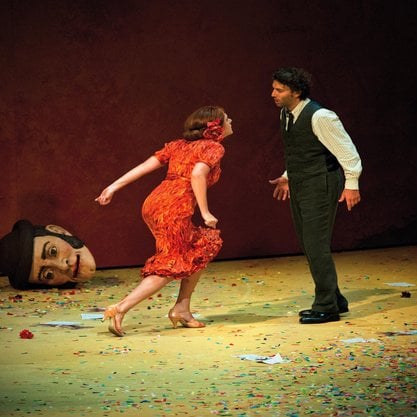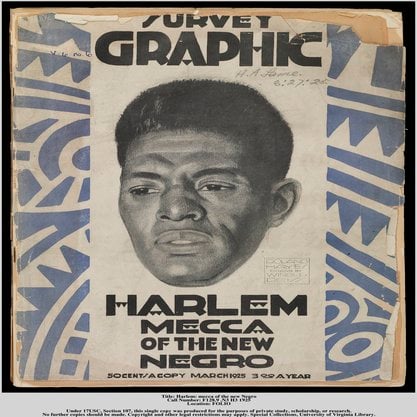Article
Johnson, Georgia Douglas (1877?–1966) By Stephens-Lorenz, Judith
Article
Georgia Douglas Johnson was a multitalented artist of the New Negro/Harlem Renaissance era who wrote poetry, plays, short stories, music, and newspaper columns from her home in Washington, D.C. She was born in Atlanta, Georgia and was a member of Atlanta University’s Normal School class of 1893. She studied music at Oberlin College and wrote songs from 1908 until 1959.



